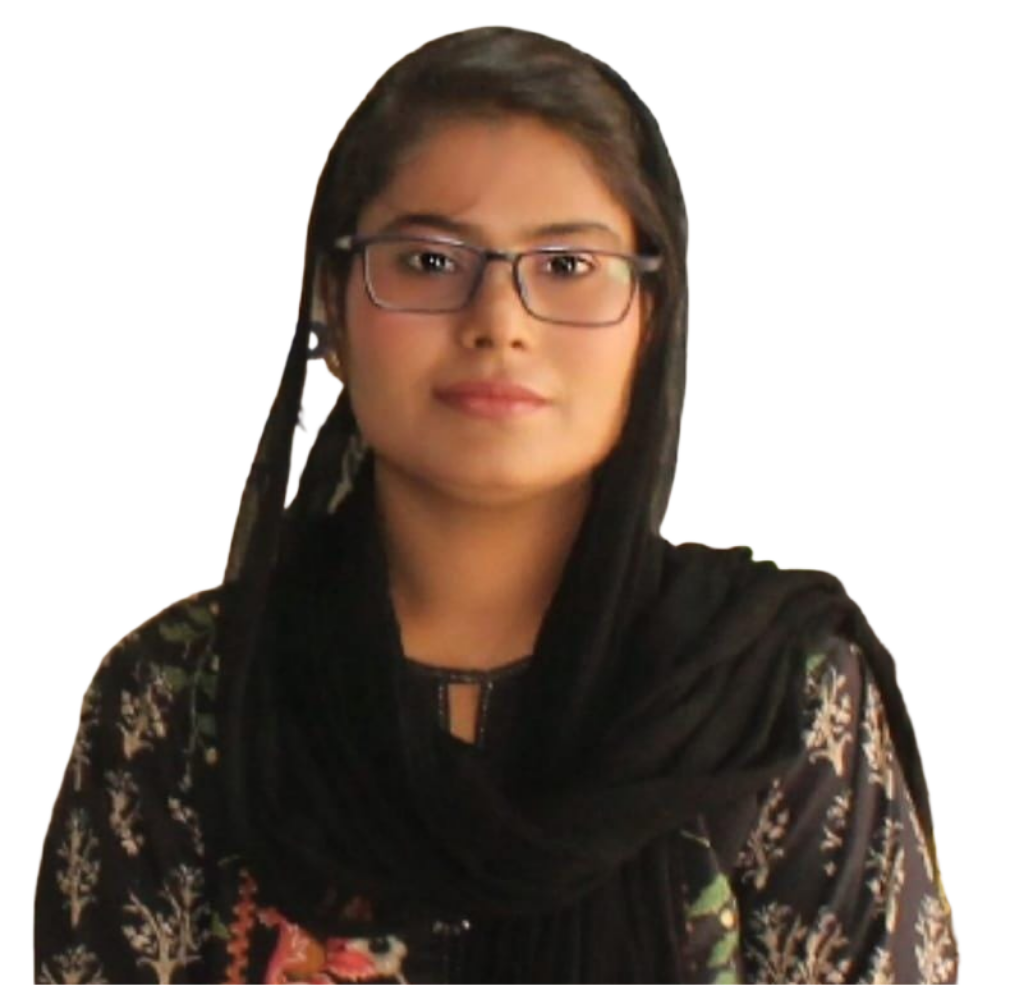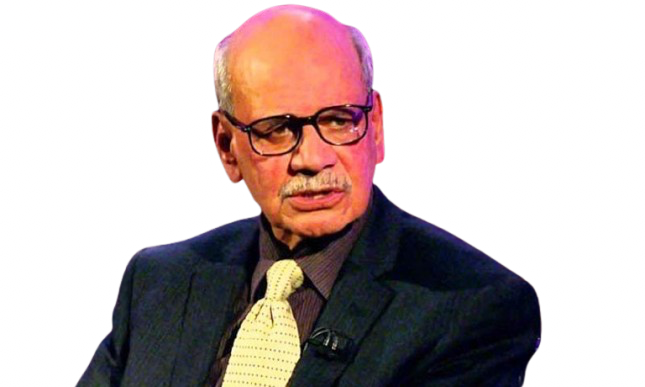

Talks between Pakistan and the Afghan Taliban that began on October 25 in Istanbul stalled but Turkish officials trying for one more time to get some positive conclusion. There is no official statement from both sides of delegation. But sources claimed that the talks are allegedly failed. Pakistani sources claimed that Afghans are reluctant to any written agreement for not allowing their soil against Pakistan. Afghan media is claiming that Negotiation are halted because Pakistan refused to sign that it will not allow United States for using their airspace to attack drones attack inside Afghanistan.
What happened in Pak-Afghan talks in Istanbul?
During the first three days, both sides presented several proposals. According to Pakistan’s security sources, the Pakistani delegation presented its final stance during the talks. Security officials said that during the 19-hour discussion on November 25, Pakistan clearly laid out three main demands before the Afghan government and Turkish mediators.
The core issue Pakistan brought to Turkey was security, specifically related to the banned Tehreek-e-Taliban Pakistan and Baloch militant groups. According to the officials, the Pakistani delegation told the Afghan side that there was concrete evidence showing that the bases, leadership, and families of these banned organizations were inside Afghanistan and operating from its territory. The delegation reminded the Afghan representatives that in 2021, the Taliban had promised the world that Afghanistan’s soil would not be used against any country and that cross-border infiltration into Pakistan would stop. Pakistan urged the Afghan government to honor those promises.
Given the current situation, Pakistan presented three clear demands:
The first was that Afghanistan must take visible action against TTP and other anti-Pakistan groups.
The second was that the action must be verifiable, meaning it should not be based on unilateral claims but confirmed by both sides.
The third was that it should be effective and produce tangible results. Pakistan also urged that the Taliban’s supreme leader issue a clear public decree declaring TTP’s attacks in Pakistan as forbidden.
The first round of talks lasted 19 hours. When the session began at 12:30 p.m. on November 25, Pakistan’s seven-member delegation presented a comprehensive plan. The Afghan side responded at 2 a.m., after 13 hours of consultation. Pakistan then replied at 6 a.m. on November 26. Same as on third day, Taliban took 18 hours and repeatedly asked for more time, saying they needed to consult their leadership in Kabul or Kandahar. Pakistan made its position clear that it wanted a written agreement rather than verbal assurances. The Taliban were willing to give verbal guarantees but refused to sign anything in writing, especially regarding TTP and Baloch terrorist organizations operating from Afghanistan and targeting Pakistan.
When Pakistan submitted its draft, the Afghan side requested time to coordinate with Kandahar and Kabul, showing that the delegation was not fully authorized to make decisions, unwilling to cooperate seriously, or deliberately complicating the process. Security sources said that if their attitude does not change, the responsibility for the deadlock will lie with the Taliban, revealing that they do not genuinely seek a peaceful solution and may be pursuing a larger agenda.
At the start of the talks, the Taliban used the term “irritants” to describe certain militant groups and suggested that Pakistan should meet them directly to resolve its issues. Pakistan firmly responded that it was negotiating with the Afghan Taliban, not with any terrorist organizations, and that these groups could not be made a party to the talks. The idea of holding talks with the TTP and bringing them to the table was flatly rejected by Pakistani officials, insisting that since these groups operate from Afghan soil, the Taliban must take visible action against them. The reports from Afghan media indicated that the Taliban were still unwilling to accept any solution other than negotiations.
The Afghan side also raised issues related to the border and refugees. Pakistan clarified that it has never denied legitimate concerns but explained that border restrictions exist because trade and terror attacks cannot continue side by side. Pakistan reaffirmed that it will not withdraw from the visa regime or the One Document policy. Unless Afghanistan provides written guarantees and reciprocal commitments against groups like TTP, BLA, and BNA, Pakistan’s position will remain unchanged. On the issue of the One Document Regime, Pakistan made it clear that Afghanistan has six borders, and for five of them, Afghan citizens require visas. It is not possible for them to have free movement into Pakistan. The border has been recognized by the United Nations since 1948, and Pakistan cannot back out of it under any good-neighborly understanding. Pakistan emphasized that its top priority since day one has been action against terrorists, without which the talks cannot progress. The Taliban, however, seem to be avoiding this issue.
As a possible way forward, Pakistan suggested adopting an approach similar to the Syrian model, where four countries shared intelligence and coordinated border monitoring. Under that system, if one side provided concrete evidence, photos, or indicators of militant movements, the other side was obligated to take immediate action against them.
Why Pak-Afghan relations reached at this point of No Return?
Pakistan has always supported Afghanistan as a brotherly Islamic country. In 1996, when a government was established in Afghanistan under the leadership of Mullah Omar, Pakistan was the first to recognize it. However, when the Afghan Taliban regime came to power in 2021, it forgot Pakistan’s forty years of goodwill and chose instead to become a proxy for India0.
The Taliban regime in Afghanistan gave shelter on its soil to the groups known as the “Fitna al-Khawarij” and “Fitna al-Hind,” providing them with training camps to carry out attacks against Pakistan. The billions of dollars’ worth of weapons left behind by the United States are now being used against Pakistan.
Following India’s step, the Afghan Taliban have begun waging a water war by threatening to construct a dam on the Kunar River with Indian funding after recent tensions.
During a recent visit to India, Afghan Foreign Minister Amir Khan Muttaqi sat in India’s lap and threatened Pakistan while supporting India’s decision to revoke the constitutional status of occupied Kashmir. During that same visit, cross-border firing erupted on the Pakistan-Afghanistan border, and militants of the “Fitna al-Khawarij” attempted infiltration into Pakistan’s frontier regions.
Pakistan’s Defense Minister Khawaja Asif exposed the hypocrisy, deceit, and collusion of the Taliban’s de facto government with India, the Tehreek-e-Taliban Pakistan (TTP), and the Baluchistan Liberation Army (BLA). He revealed that since 2021, Pakistan has held 225 border flag meetings, sent 836 protest letters, and issued 13 demarches to Afghanistan. During this period, 3,844 Pakistanis have been martyred, and 10,347 incidents of terrorism have occurred.
To curb the Taliban regime’s stubbornness and its patronage of TTP and BLA, the first round of talks was held in Doha, and the second is now taking place in Istanbul. These talks, however, have stalled due to the Afghan Taliban regime’s rigid and illogical attitude. The Taliban regime has neither provided any written guarantee to end its support for the TTP and stop their attacks nor given assurance that Afghan soil will not be used against Pakistan.
It is deeply regrettable that at the very moment when negotiations for a ceasefire are taking place in Turkey, terrorists belonging to the “Fitna al-Khawarij,” backed by the Afghan Taliban and India, attempted infiltration in North Waziristan and Kurram districts. As a result, twenty-five terrorists were killed, while five soldiers of the Pakistan Army embraced martyrdom.
After the previous round of talks, Afghanistan had issued several statements but later changed or retracted some of them. This shows that the delegation lacks decision-making authority and must seek approval through a higher hierarchy. Even if they make decisions, they fear backlash from various factions within Afghanistan. The Taliban now appear to be seeking more time and leaning again toward internal consultations instead of taking decisive and verifiable action.








